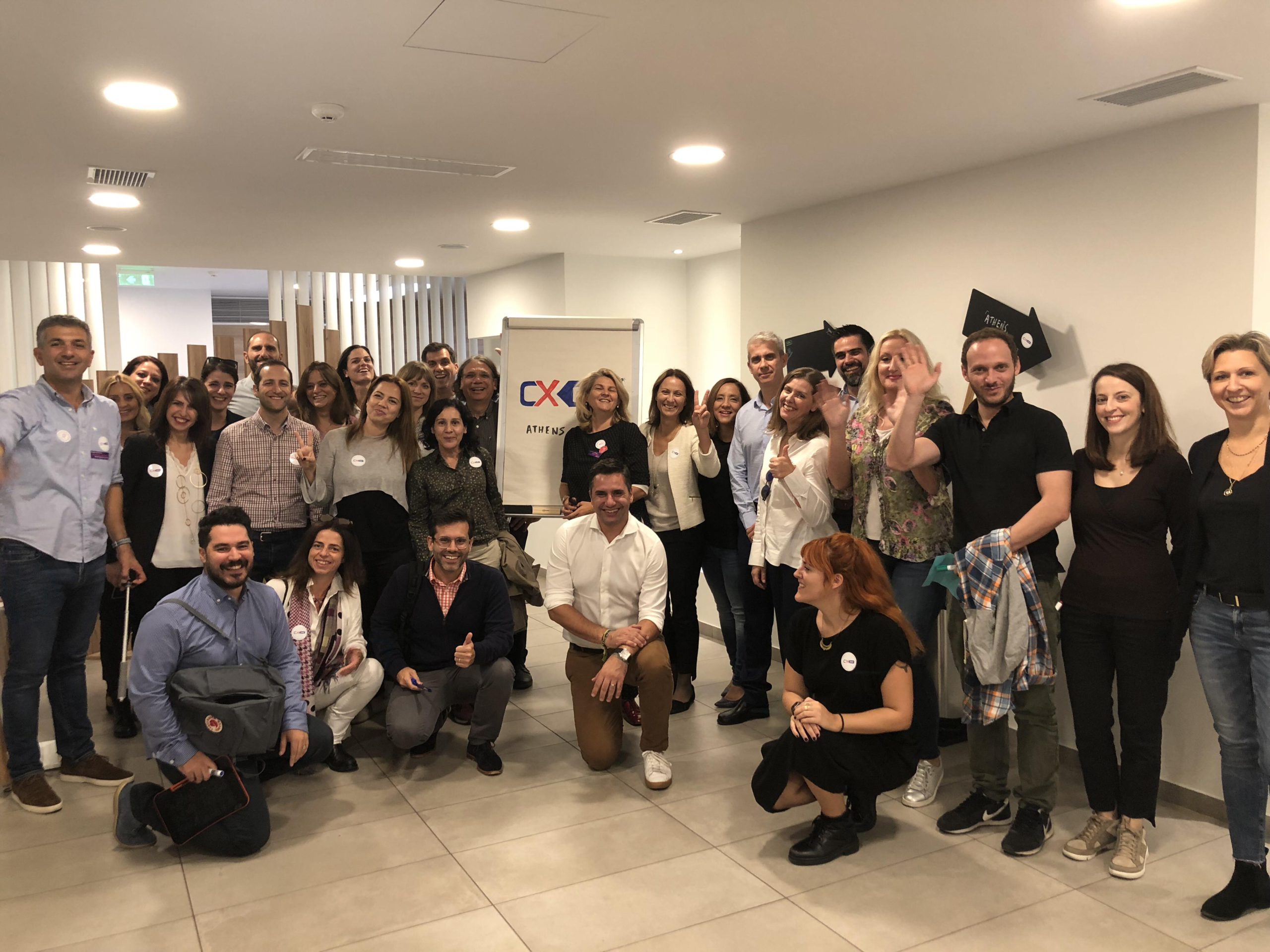Por Greg Melia, CAE, CEO, Customer Experience Professionals Association
[Para leer este artículo en español, clic aquí]
The idea of Customer Experience (CX) as a business strategy has strong roots over the past 25 years. And the rise in CX continues to be strong according to Harvard Business Review, Gartner, Forrester, and PWC. However, with the rise in discussions about Customer Experience, there has also been a rise in misunderstanding about CX, how a company can be successful through CX management, and the benefits that a company can expect from CX done right.
CXPA interviewed an international panel of CX practitioners, consultants, and academics to provide an independent, platform-agnostic introduction to CX.
Customer Experience is not the same as customer service, though the two concepts are related. Contact centers play a critical role in the overall experience and can strongly influence customers’ brand perception positively or negatively. For many customers, a call or chat to the contact center represents their first human interaction with the brand.
One way to differentiate CS and CX is that service happens when the experience breaks down. CX refers to the perception that customers have of an organization- one that is formed based on interactions across all touchpoints, people, and technology over time.
True CX management incorporates four key interrelated elements:
- A culture of customer-centricity, where every aspect of the corporate culture—from the top down—is focused on the customer.
- A holistic alignment of systems and structures, where every department and employee is united in the quest for CX excellence.
- The realization of the rewards, where every customer experience gain contributes to positive business performance outcomes.
- And the evolution of business practices focused on customer needs and engagement, where every thought and action is meaningful, makes your customers’ lives better, and shows you care.
A strong CX program can ultimately generate better service outcomes at your contact center or eliminate reasons for complaints to begin with.
This definition of Customer Experience, outlined in greater detail at www.whatiscx.com, represents only the start of an organization’s journey from reactive customer service to proactive customer experience efforts.
Customer Experience Professionals Association
Founded in 2011 by Bruce Temkin, CCXP and Jeanne Bliss, CCXP, the Customer Experience Professionals Association, or CXPA, is the professional association and certifying body for senior CX leaders at leading brands around the globe. Our community includes over 1,000 Certified Customer Experience Professionals, 4,000 dues paying members, and 62,000 social media followers in more than 100 countries.
CXPA operates through an international headquarters as well as fifty-seven local networks around the world. These networks engage an audience that extends well beyond CXPA headquarters membership. Our leadership includes CX thought leaders from across the globe.














